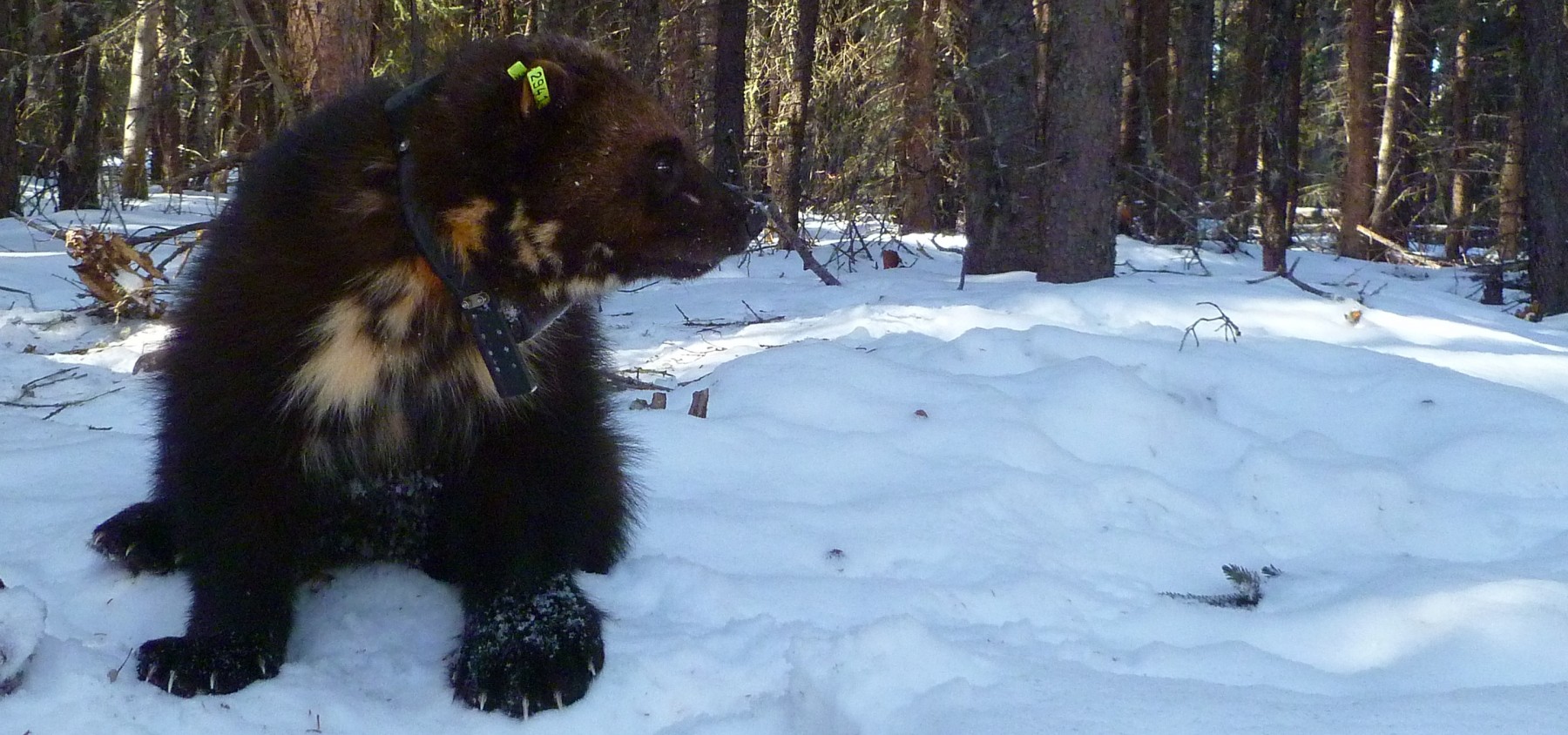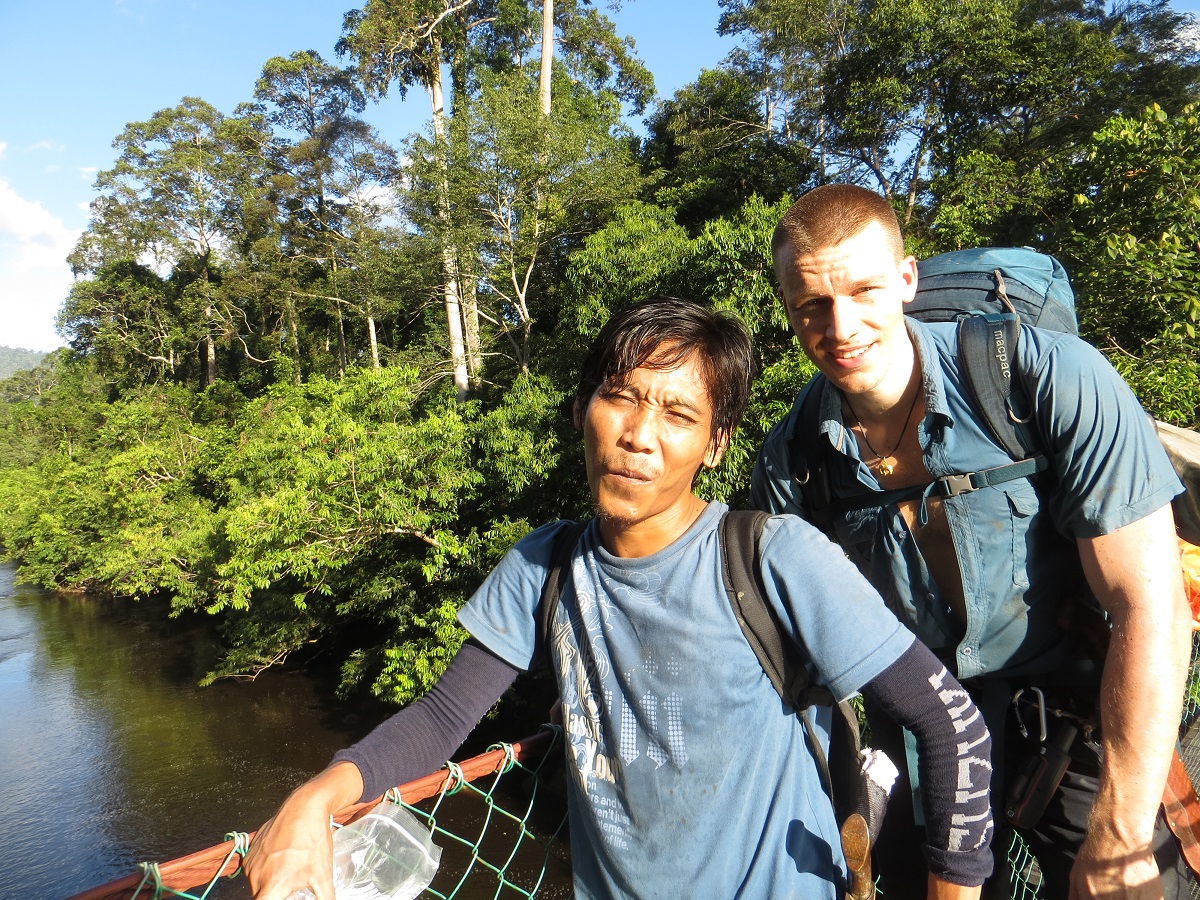I joined Prof. Mark Boyce and his research group as a Postdoctoral Fellow in January 2019. In this role, I am primarily responsible for synthesizing data on the influence of different grazing regimes on ecosystem processes, carbon dynamics and biodiversity values in Canada’s Great Plains.
The grasslands of the Northern Great Plains extend across southern Manitoba, Saskatchewan, and Alberta. They once covered over 60 million ha but conversion to agricultural crops has reduced their extent to about 11 million ha today. Much of what remains is fragmented, disturbed by ploughing and the seeding of non-native species, and used for cattle grazing. The rapid loss and degradation of natural perennial grasslands is problematic for their high levels of biodiversity and major role as terrestrial carbon sinks.
The Agricultural Greenhouse Gases Program (AGGP) is a 5-year research study that aims to evaluate the carbon sequestration and storage potential of Adaptive Multi-Paddock Grazing (AMP) compared to a spectrum of alternative grazing systems. Biophysical and grazing management data have been collected from 60 livestock‐grazing ranches over the past two field seasons by an interdisciplinary team of researchers at the University of Alberta. Measured variables include soil carbon stocks and accrual rates, greenhouse gas emissions and albedo, water infiltration rates, vascular vegetation composition and primary production (standing crop biomass) and diversity, microbial community and function, and avian biodiversity.
The primary objective of my fellowship is to synthesize the AGGP data to evaluate the capacity of AMP grazing as a climate change mitigation strategy and to develop provincial level carbon quantification protocols for use in the carbon offset markets for grazed and pastured grasslands in Canada. Such scheme would recognize the atmospheric carbon reduction benefit of improved grazing practices and incentivise the long-term conservation of threatened grassland ecosystems.
Prior to moving to Edmonton, I conducted ecological research in the context of global environmental change in the Asia-Pacific region. For my PhD at the University of Western Australia, I investigated the impacts of habitat modification and oil palm expansion on tropical rainforests at the Stability of Altered Forest Ecosystems (SAFE; https://www.safeproject.net/) project in Malaysian Borneo. Specifically, I focused on exotic plant invasions and plant functional traits along forest modification gradients (https://blogs.csiro.au/ecos/borneo-rainforest/). Research into the influences of anthropogenic disturbances on the regeneration of tropical dry forests in north-eastern Thailand led to my MSc at the University of Otago in New Zealand.
Timm and his Malaysian research assistant Roy during tropical rainforest fieldwork in Maliau Basin, Borneo
Email: doebert@ualberta.ca / timm.dobert@gmail.com
Mob: +1 780 239 3398
Office: CCIS 1-101

